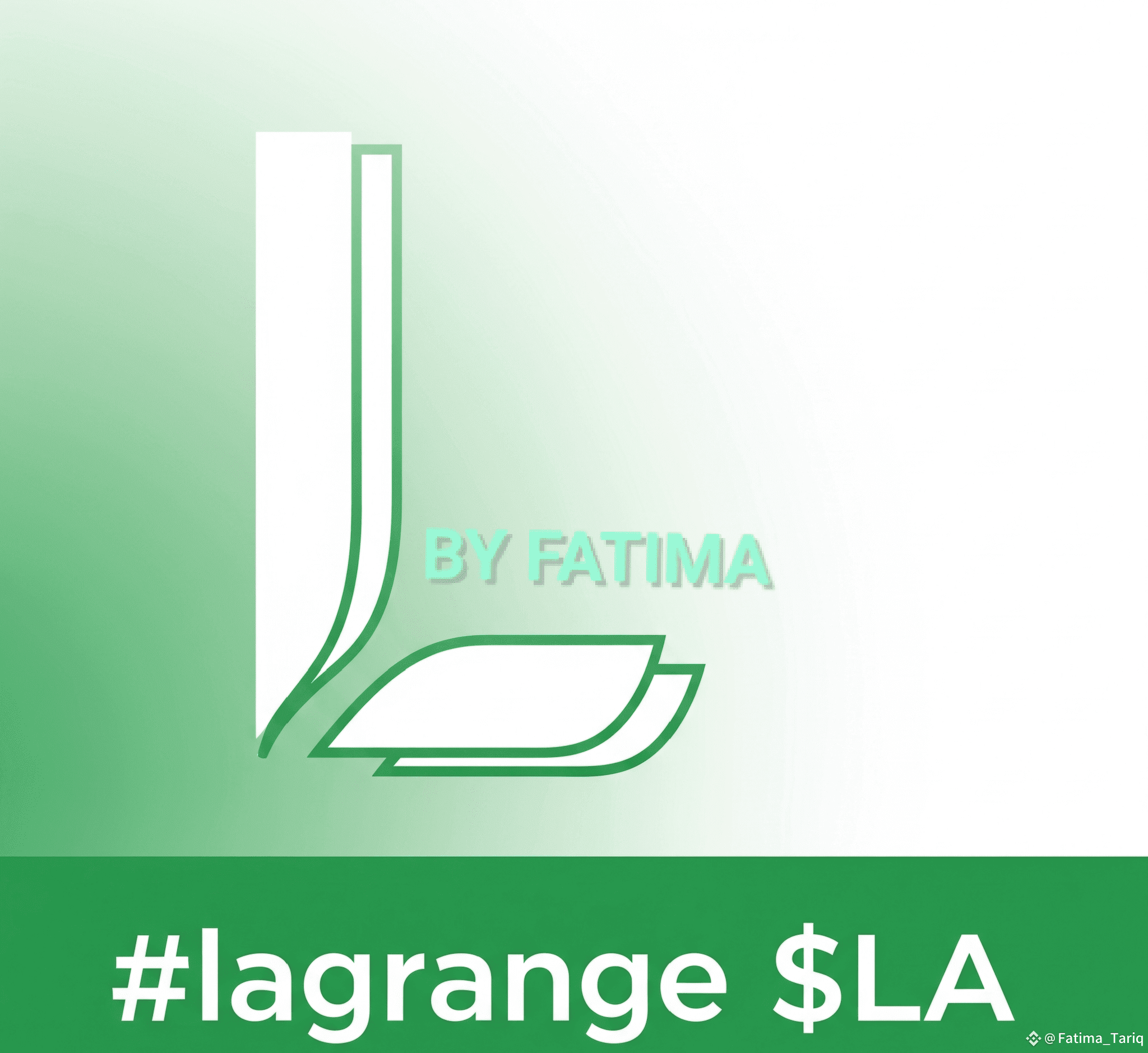 The rapid ascent of artificial intelligence has introduced a fundamental paradox: while AI offers immense power and potential, its decision-making process is often an inscrutable "black box." We trust AI with our medical diagnoses, financial decisions, and daily interactions, yet we have no way of verifying the logic behind its conclusions. The Lagrange protocol, powered by the LA token, is a revolutionary step toward solving this dilemma, enabling AI to transition from an opaque black box to a transparent, verifiable system. This transformation is achieved through the use of zero-knowledge proofs, which allow the correctness of an AI's reasoning to be proven without revealing any sensitive underlying data.
The rapid ascent of artificial intelligence has introduced a fundamental paradox: while AI offers immense power and potential, its decision-making process is often an inscrutable "black box." We trust AI with our medical diagnoses, financial decisions, and daily interactions, yet we have no way of verifying the logic behind its conclusions. The Lagrange protocol, powered by the LA token, is a revolutionary step toward solving this dilemma, enabling AI to transition from an opaque black box to a transparent, verifiable system. This transformation is achieved through the use of zero-knowledge proofs, which allow the correctness of an AI's reasoning to be proven without revealing any sensitive underlying data.
The LA token is the central pillar of this paradigm shift. It is the fuel that empowers the entire proof generation and verification process. Holders of LA can stake their tokens to participate in the network, either as validators or provers, earning rewards for their service. The LA token is also used to pay for the "cost" of proving AI reasoning. When a developer wants to provide a verifiable guarantee for their AI application, they submit a task to the Lagrange network, and the cost of generating that proof is paid in LA tokens. This mechanism ensures that the network has the economic incentive to provide a reliable and continuous service, making verifiable AI a practical reality.
A key component of this transparency is the DeepProve technology. It supports zkML (zero-knowledge machine learning), allowing any AI model—from a simple neural network to a complex large language model—to generate a cryptographic proof of its computations. This means that a Web3 application can use AI to, for example, generate unique game content or create a recommendation algorithm, and the community can verify that the AI's logic is free from manipulation or bias. The LA token is the reward for the nodes that perform this computation, ensuring the system remains decentralized and honest.
Furthermore, the LA token facilitates verifiable AI in cross-chain scenarios, which is critical for real-world applications that span multiple ecosystems. Unlike traditional AI that relies on centralized, single-point-of-failure servers, Lagrange's decentralized network leverages LA tokens to incentivize nodes to provide efficient, off-chain computation. This not only enhances the security and reliability of the system but also makes verifiable AI more accessible to small developers by reducing the costs associated with on-chain verification.
In the long run, the LA token is poised to become the key to trustworthy AI. While the journey from a black box to a transparent system will require continued community participation and technological development, the foundation is now firmly in place. By connecting the technological power of zero-knowledge proofs with the economic incentives of a decentralized token, Lagrange is not just building a product; it is helping to build a future where we can transition from passively accepting AI's decisions to actively verifying them.